7 Tips To Maintain Your Pool Heater
Owning a pool can be one of life’s great pleasures, offering a perfect escape from the heat and a venue for family fun, whether it's a relaxing afternoon swim or a lively pool party. However, maintaining your pool’s heater is crucial to ensure a comfortable swimming experience year-round, regardless of the season. Regular maintenance not only extends the lifespan of your pool heater but also keeps it running efficiently, saving you money in the long run by reducing energy consumption and preventing costly repairs. Here, we provide seven essential tips to help you maintain your pool heater effectively, ensuring a pleasant and worry-free swimming experience for you and your loved ones.
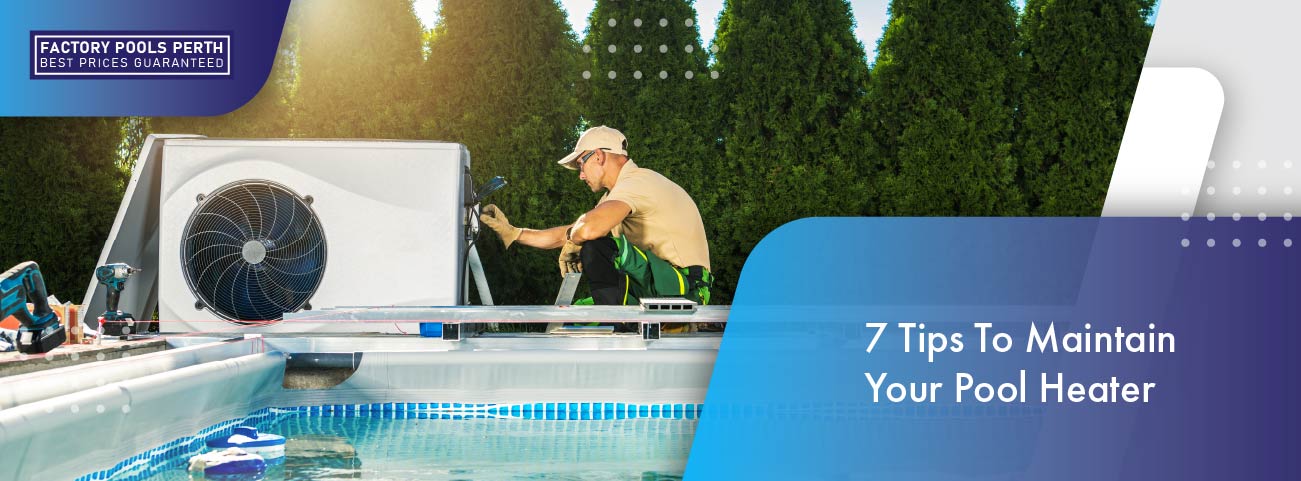
Why Maintenance Matters
Neglecting your pool heater can lead to a host of problems, from decreased energy efficiency to costly repairs or even complete replacement. Without regular maintenance, sediment and debris can accumulate in the system, causing it to work harder and consume more energy. A well-maintained pool heater ensures that your pool stays at the perfect temperature, providing you with a comfortable swimming environment whenever you need it, whether it’s a cool morning or a chilly evening.
Regular maintenance not only helps in identifying minor issues before they escalate into major problems but also involves cleaning and inspecting components to ensure optimal performance. By doing so, you prolong the life of your heater, keep energy consumption in check, and avoid unexpected breakdowns, ensuring your investment serves you well for years to come.
Seasonal Preparations
Winter Preparations
- Drain the Heater: If you live in an area where temperatures drop below freezing, it’s crucial to drain your pool heater to prevent water from freezing inside and causing damage.
- Cover the Heater: Use a specially designed heater cover to protect it from the elements.
- Inspect for Debris: Remove any leaves or debris that could accumulate around the heater, as these can cause blockages and damage over time.
Summer Preparations
- Check for Corrosion: Carefully inspect the heater for any signs of rust or corrosion on surfaces, connections, and components. If you notice any corrosion, address it immediately by cleaning the affected areas and applying rust-resistant treatments to prevent further damage.
- Test the Heater: Before the swimming season starts, run the heater for a few cycles to ensure it operates correctly. Listen for any unusual noises such as rattling or banging, and monitor the temperature consistency. If you notice any inconsistencies in temperature or hear unusual noises, consult the manufacturer’s guide or contact a professional for maintenance.
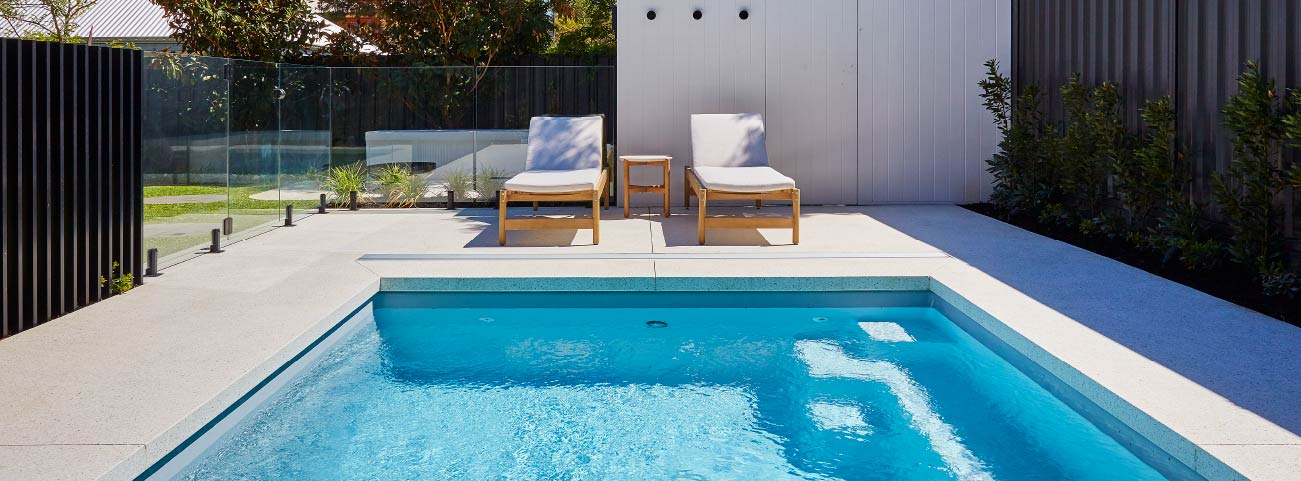
Regular Inspection Checklist
Maintaining a regular inspection routine can help in spotting potential issues early. Here’s a checklist to guide you:
- Visual Inspection: Check for any visible signs of wear and tear, rust, or damage.
- Check Connections: Ensure all electrical and gas connections are secure and free from corrosion.
- Inspect Vents: Make sure vents are clear of obstructions to allow proper airflow.
- Monitor Pressure: Check the pressure gauge regularly to ensure it stays within the recommended range.
- Listen for Noises: Pay attention to unusual sounds such as banging or whistling, which could indicate a problem.
Cleaning and Maintenance Best Practices
Proper cleaning and maintenance are vital for the optimal functioning of your pool heater. Here’s a step-by-step guide to help you:
- Turn Off the Power: Always turn off the power supply before performing any maintenance.
- Clean the Exterior: Use a soft cloth and mild detergent to clean the exterior of the heater.
- Clear the Burner: Remove and clean the burner assembly, making sure to get rid of any soot or debris.
- Inspect the Heat Exchanger: Clean the heat exchanger with a brush to remove any buildup.
- Check Filters: Clean or replace filters as necessary to ensure adequate airflow.
- Flush the System: Periodically flush the heater’s water system to remove any scale or mineral deposits.
Professional Servicing
While regular DIY maintenance is crucial, annual professional servicing can provide a more thorough inspection and maintenance. Here’s why you should consider it:
- Expertise: Professionals have the expertise to spot issues you might miss.
- Comprehensive Service: They offer a comprehensive check-up, including testing electrical components, gas lines, and ensuring the overall safety of the heater.
- Efficiency: Professional servicing ensures that your heater operates at maximum efficiency, potentially lowering your energy bills.
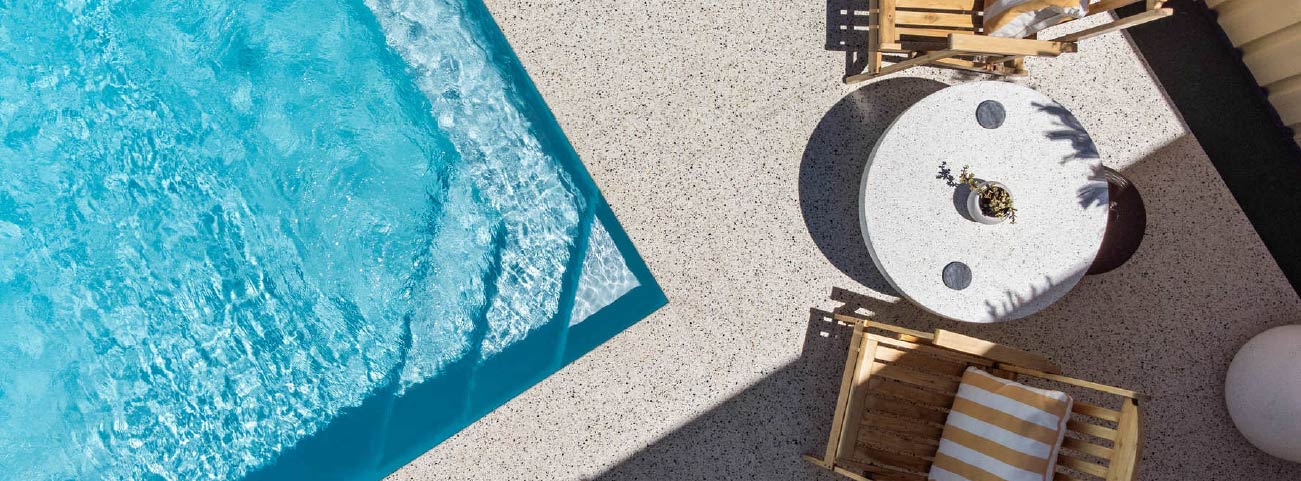
Troubleshooting Common Issues
Even with regular maintenance, issues can arise. Here are some common problems and how to address them:
- Heater Not Turning On: Check the power supply and ensure all switches are turned on. Inspect the thermostat settings and make sure they are correct.
- Low Water Flow: Ensure that the pump and filters are clean and functioning properly. Low water flow can prevent the heater from operating efficiently.
- Inconsistent Temperature: This could be due to a faulty thermostat or sensor. Check the settings and replace the thermostat if necessary.
- Unusual Noises: Unusual sounds like banging or whistling can indicate issues with the burner or heat exchanger. Clean these components or call a professional if the problem persists.
Regular maintenance of your pool heater is essential for ensuring a pleasant and trouble-free swimming experience. By following these seven tips, you can keep your pool heater in top condition, extend its lifespan, and avoid costly repairs. Start by checking the manufacturer’s manual for specific maintenance instructions and recommended cleaning products. Make it a habit to inspect your heater regularly for any signs of wear or damage. Clean the filter to ensure optimal performance, and don’t forget to check the pressure levels. Additionally, schedule annual professional inspections to identify and address any potential issues early on. Regularly removing debris from the heater area and ensuring proper water chemistry will also contribute to its longevity.
Remember, a little effort in maintaining your pool heater can go a long way in providing you with a warm and inviting pool whenever you need it. Taking the time to care for your pool heater not only enhances your swimming experience but also protects your investment for years to come.
7 Tips To Maintain Your Pool Heater
Owning a pool can be one of life’s great pleasures, offering a perfect escape from the heat and a venue for family fun, whether it's a relaxing afternoon swim or a lively pool party. However, maintaining your pool’s heater is crucial to ensure a comfortable swimming experience year-round, regardless of the season. Regular maintenance not only extends the lifespan of your pool heater but also keeps it running efficiently, saving you money in the long run by reducing energy consumption and preventing costly repairs. Here, we provide seven essential tips to help you maintain your pool heater effectively, ensuring a pleasant and worry-free swimming experience for you and your loved ones.
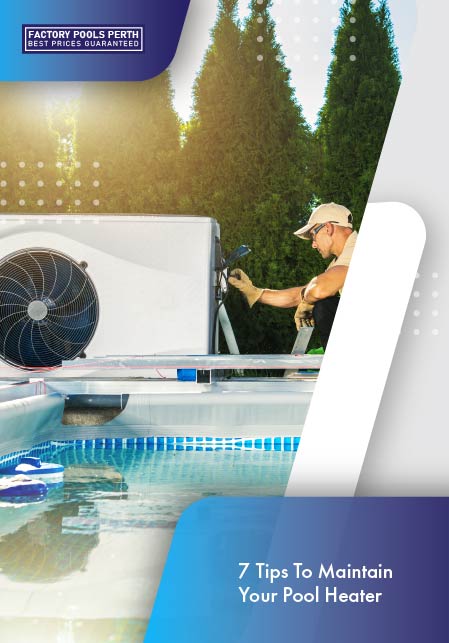
Why Maintenance Matters
Neglecting your pool heater can lead to a host of problems, from decreased energy efficiency to costly repairs or even complete replacement. Without regular maintenance, sediment and debris can accumulate in the system, causing it to work harder and consume more energy. A well-maintained pool heater ensures that your pool stays at the perfect temperature, providing you with a comfortable swimming environment whenever you need it, whether it’s a cool morning or a chilly evening.
Regular maintenance not only helps in identifying minor issues before they escalate into major problems but also involves cleaning and inspecting components to ensure optimal performance. By doing so, you prolong the life of your heater, keep energy consumption in check, and avoid unexpected breakdowns, ensuring your investment serves you well for years to come.
Seasonal Preparations
Winter Preparations
- Drain the Heater: If you live in an area where temperatures drop below freezing, it’s crucial to drain your pool heater to prevent water from freezing inside and causing damage.
- Cover the Heater: Use a specially designed heater cover to protect it from the elements.
- Inspect for Debris: Remove any leaves or debris that could accumulate around the heater, as these can cause blockages and damage over time.
Summer Preparations
- Check for Corrosion: Carefully inspect the heater for any signs of rust or corrosion on surfaces, connections, and components. If you notice any corrosion, address it immediately by cleaning the affected areas and applying rust-resistant treatments to prevent further damage.
- Test the Heater: Before the swimming season starts, run the heater for a few cycles to ensure it operates correctly. Listen for any unusual noises such as rattling or banging, and monitor the temperature consistency. If you notice any inconsistencies in temperature or hear unusual noises, consult the manufacturer’s guide or contact a professional for maintenance.

Regular Inspection Checklist
Maintaining a regular inspection routine can help in spotting potential issues early. Here’s a checklist to guide you:
- Visual Inspection: Check for any visible signs of wear and tear, rust, or damage.
- Check Connections: Ensure all electrical and gas connections are secure and free from corrosion.
- Inspect Vents: Make sure vents are clear of obstructions to allow proper airflow.
- Monitor Pressure: Check the pressure gauge regularly to ensure it stays within the recommended range.
- Listen for Noises: Pay attention to unusual sounds such as banging or whistling, which could indicate a problem.
Cleaning and Maintenance Best Practices
Proper cleaning and maintenance are vital for the optimal functioning of your pool heater. Here’s a step-by-step guide to help you:
- Turn Off the Power: Always turn off the power supply before performing any maintenance.
- Clean the Exterior: Use a soft cloth and mild detergent to clean the exterior of the heater.
- Clear the Burner: Remove and clean the burner assembly, making sure to get rid of any soot or debris.
- Inspect the Heat Exchanger: Clean the heat exchanger with a brush to remove any buildup.
- Check Filters: Clean or replace filters as necessary to ensure adequate airflow.
- Flush the System: Periodically flush the heater’s water system to remove any scale or mineral deposits.
Professional Servicing
While regular DIY maintenance is crucial, annual professional servicing can provide a more thorough inspection and maintenance. Here’s why you should consider it:
- Expertise: Professionals have the expertise to spot issues you might miss.
- Comprehensive Service: They offer a comprehensive check-up, including testing electrical components, gas lines, and ensuring the overall safety of the heater.
- Efficiency: Professional servicing ensures that your heater operates at maximum efficiency, potentially lowering your energy bills.
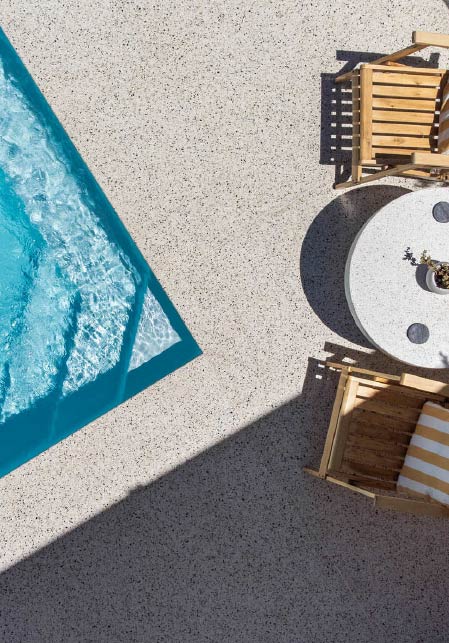
Troubleshooting Common Issues
Even with regular maintenance, issues can arise. Here are some common problems and how to address them:
- Heater Not Turning On: Check the power supply and ensure all switches are turned on. Inspect the thermostat settings and make sure they are correct.
- Low Water Flow: Ensure that the pump and filters are clean and functioning properly. Low water flow can prevent the heater from operating efficiently.
- Inconsistent Temperature: This could be due to a faulty thermostat or sensor. Check the settings and replace the thermostat if necessary.
- Unusual Noises: Unusual sounds like banging or whistling can indicate issues with the burner or heat exchanger. Clean these components or call a professional if the problem persists.
Regular maintenance of your pool heater is essential for ensuring a pleasant and trouble-free swimming experience. By following these seven tips, you can keep your pool heater in top condition, extend its lifespan, and avoid costly repairs. Start by checking the manufacturer’s manual for specific maintenance instructions and recommended cleaning products. Make it a habit to inspect your heater regularly for any signs of wear or damage. Clean the filter to ensure optimal performance, and don’t forget to check the pressure levels. Additionally, schedule annual professional inspections to identify and address any potential issues early on. Regularly removing debris from the heater area and ensuring proper water chemistry will also contribute to its longevity.
Remember, a little effort in maintaining your pool heater can go a long way in providing you with a warm and inviting pool whenever you need it. Taking the time to care for your pool heater not only enhances your swimming experience but also protects your investment for years to come.



